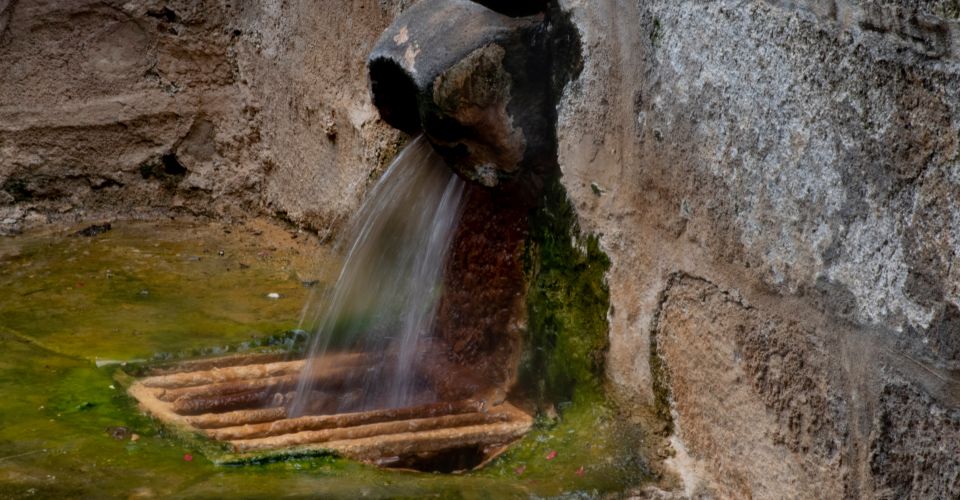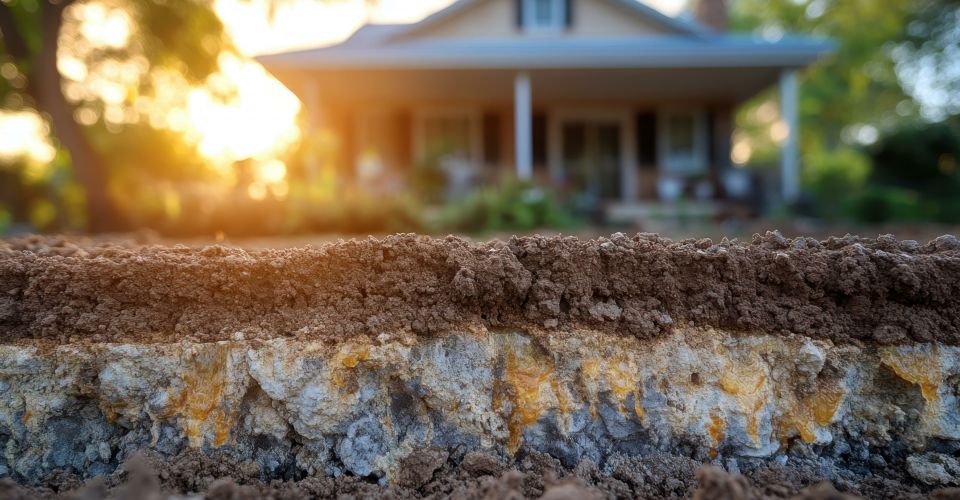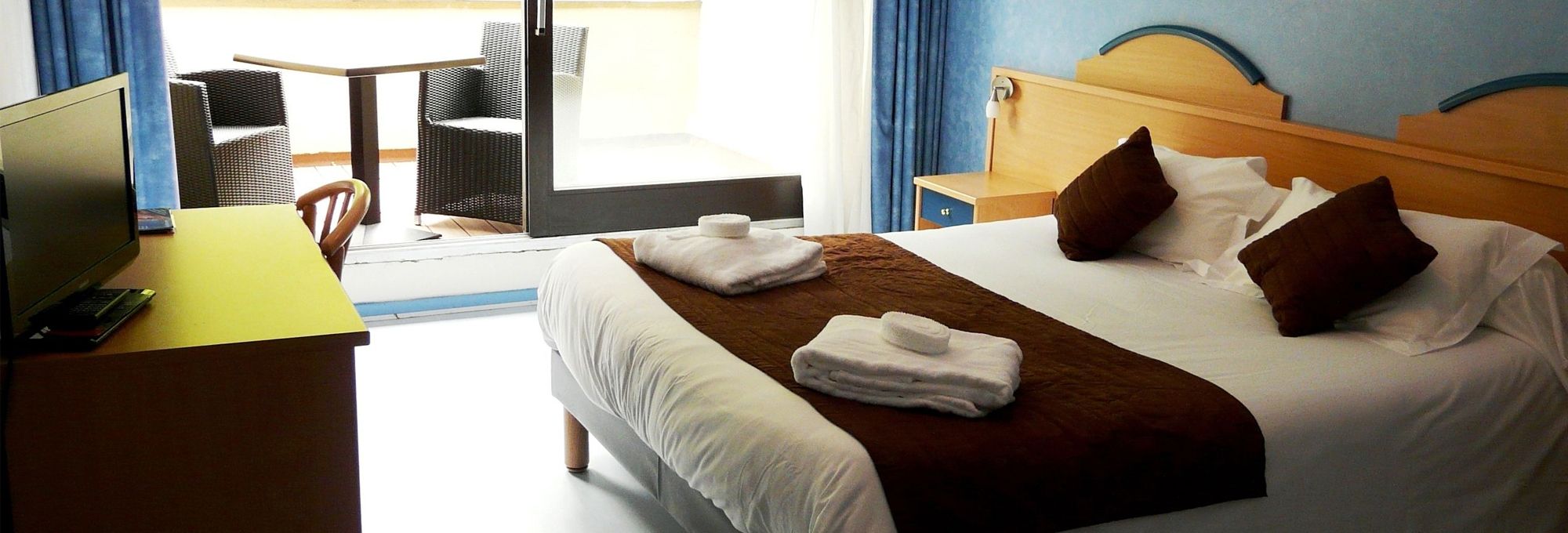Tourism in Chaudes-Aigues
Make the most of your stay in our hotel in Chaudes-Aigues to discover the town and its heritage.

A unique thermal heritage: the naturally hot waters of Chaudes-Aigues
It's impossible to discover tourism in Chaudes-Aigues without taking an interest in its most emblematic treasure: its natural hot springs. This charming village in the Cantal region, nestling in the heart of the Auvergne, is famous for its 30 thermal springs, whose temperature ranges from 45°C to 82°C. The most famous? The Source du Par, with an impressive temperature of 82°C, making it the hottest natural thermal spring in Europe!
These waters, rich in minerals (bicarbonate, silica, fluoride, etc.), are renowned for their analgesic and muscle relaxant properties, particularly in rheumatology. A stay in our hotel in Chaudes-Aigues is therefore an invitation to well-being, just a stone's throw from this geological wealth.
Wondering what to do in Chaudes-Aigues? Start with a stroll to the famous spring and be amazed by the natural fumes rising from the streets, an inimitable visual signature of the village.A unique thermal heritage: the naturally hot waters of Chaudes-Aigues
Géothermia: a unique museum in Europe dedicated to geothermal energy
Another not-to-be-missed tourist attraction in Chaudes-Aigues, the Musée Européen de la Géothermie et du Thermalisme - Géothermia - is a fascinating stopover not to be missed. This museum, the only one of its kind in France, plunges you into the fascinating history of geothermal energy, a natural resource exploited here long before the advent of fossil fuels.
Did you know that the first district heating network in the world was created in Chaudes-Aigues back in 1332? Back then, wooden pipes were already distributing hot water to homes! Géothermia is installed in one of the houses historically heated by this natural energy, on three richly documented exhibition levels.
It's an ideal activity if you're looking for something to do in Chaudes-Aigues with the family or on a rainy day. By visiting the museum, you'll discover not only the history of the town, but also how geothermal energy works around the world... and even in space!
Practical info: Tel. 04 71 23 58 76

Your hotel in Chaudes-Aigues
Our hotel in Chaudes-Aigues welcomes you in a warm and relaxing setting, right next to springs and places of interest. Whether you're looking for well-being, discovery or a relaxing break in the Auvergne, our hotel is the ideal base for exploring the region's treasures.



